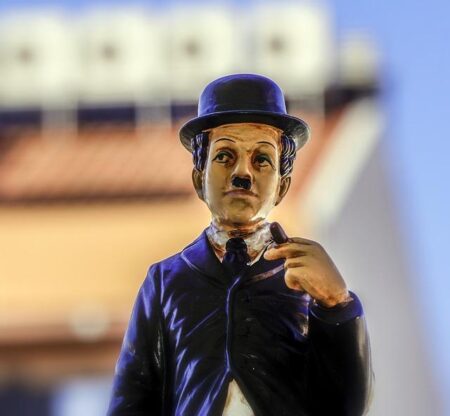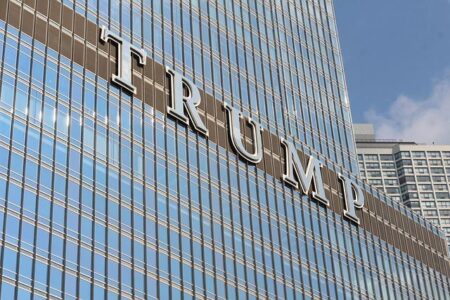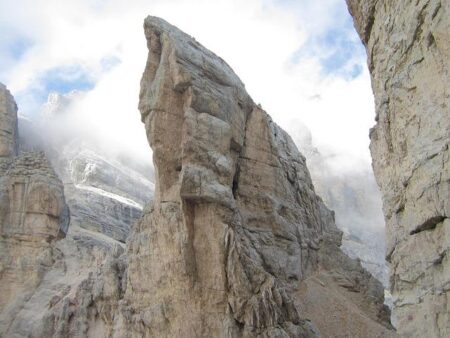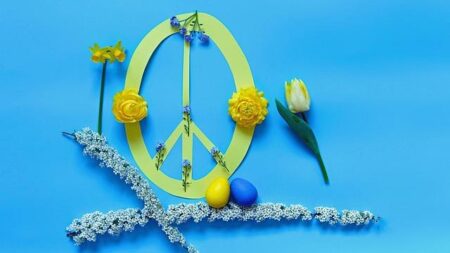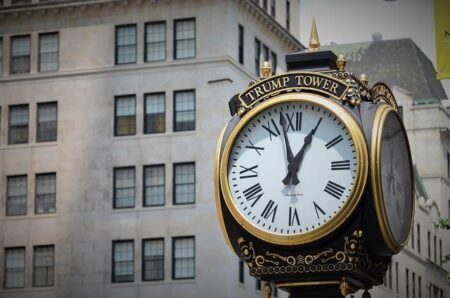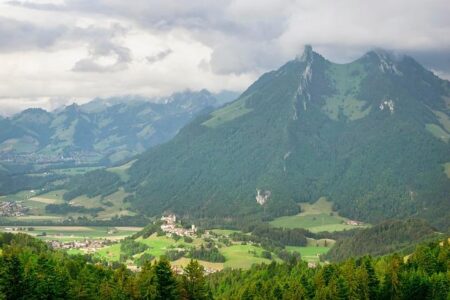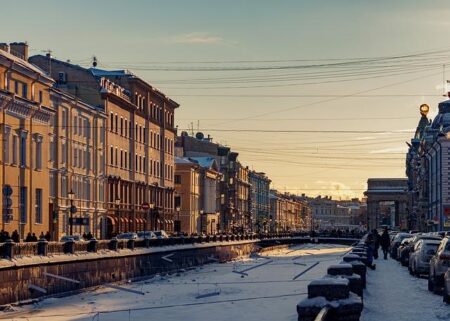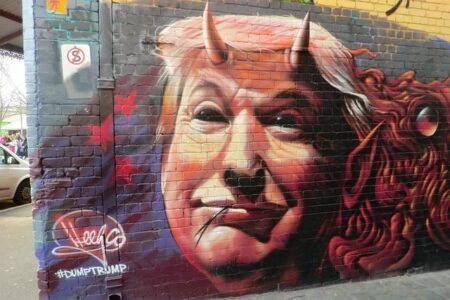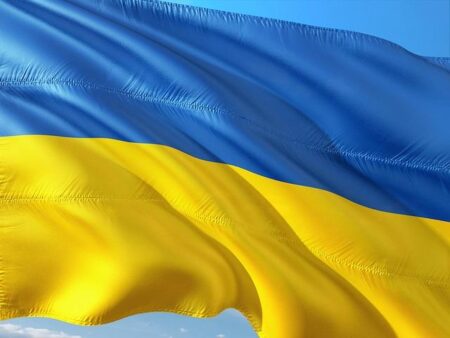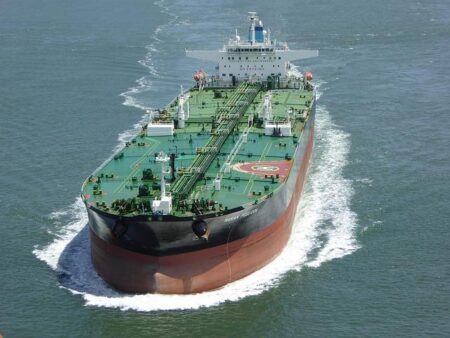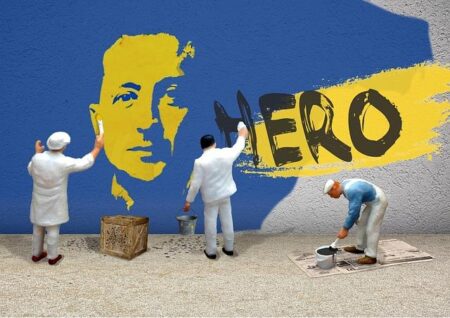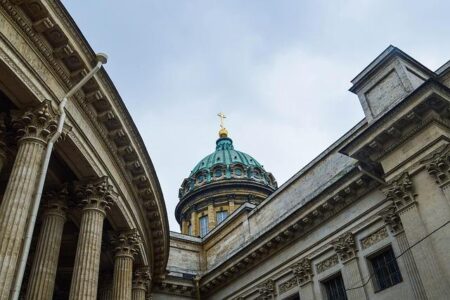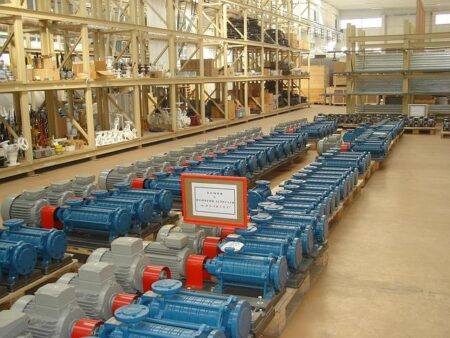A Russian comedian has been sentenced to prison for making a joke about veterans, sparking a heated international debate over free speech and censorship. Authorities labeled the joke offensive, leading to a harsh legal crackdown
Browsing: Russia
Former U.S. President Donald Trump claimed that India is set to stop buying Russian oil, but Moscow swiftly shot down this assertion, stressing that India has made no such announcement. These conflicting statements highlight the high-stakes and intricate nature of today’s global energy diplomacy
Italy has successfully thwarted Russian cyberattacks aimed at disrupting the upcoming Olympics, authorities confirmed. This remarkable defense highlights the intensifying cybersecurity battles unfolding around major global sporting events
Russian athletes will step onto the stage at the Milan Cortina Olympic Games under a neutral flag, competing without officially representing Russia due to ongoing sanctions. This unexpected turn adds an intriguing layer to the complex world of sports diplomacy
Russia has unleashed fresh strikes on Ukraine’s energy infrastructure amid freezing subzero temperatures, worsening power outages and severely endangering civilian safety, according to France 24 reports. Recovery teams are facing enormous challenges in their efforts
FIFA president Gianni Infantino has been labeled “infantile” after suggesting a potential reversal of Russia’s ban from international football. Critics warn that his stance could undermine the effectiveness of existing sanctions during a time of escalating geopolitical tensions
Ukraine peace talks have been put on hold following recent discussions between Russia and the U.S., The New York Times reports. Both parties stress the importance of strengthening diplomatic coordination before negotiations can move forward
FIFA chief Gianni Infantino passionately opposed banning Russia and Israel from international football, championing the true spirit of inclusivity. He also sparked worldwide debate by defending the controversial decision to award former U.S. President Donald Trump a Peace Prize
Former President Donald Trump announced bold plans to dramatically cut tariffs on India, following Prime Minister Narendra Modi’s strategic move to halt Russian oil imports-marking a significant leap forward in US-India trade relations
FIFA President boldly calls for Russia’s return to international football, championing their comeback on the world stage despite ongoing political tensions. This move sparks a fiery debate over the intricate clash between sports and geopolitics across the globe
Greenland and Iran took center stage in the latest China-Russia talks, highlighting their growing geopolitical significance as global alliances continue to shift, reports the South China Morning Post
Russia does not seek to spark a global conflict, but the world remains on edge amid growing threats, Deputy Chairman Medvedev cautioned. He emphasized the critical need for careful diplomacy as tensions continue to rise
Former President Trump’s daring threats to Greenland and Canada reveal mounting anxieties over Russia’s expanding Arctic shipping routes, casting a sharp spotlight on the fierce geopolitical battles transforming the rapidly changing northern frontier
Trauma does not define us”: Amid the unending conflict in Ukraine, civilians endure heartbreaking loss yet radiate remarkable resilience and hope. This Al Jazeera report unveils compelling stories of survival and the incredible strength of the human spirit in the darkest hours of war
A Su-34 fighter-bomber was recently shot down over Ukraine, highlighting the relentless challenges facing the Russian Air Force. These ongoing losses raise serious questions about the reliability of their equipment, effectiveness of their tactics, and their ability to maintain air superiority in this fierce conflict
Ukraine has solemnly welcomed home the remains of 1,000 of its soldiers from Russia, officials confirmed. This deeply moving transfer highlights the heartbreaking human cost of the ongoing conflict, Al Jazeera reports
France has just released a Russian-owned tanker linked to the shadow fleet, bowing to intense diplomatic pressure. This move highlights the rising tensions over vessel sanctions and maritime enforcement
Ukrainian President Volodymyr Zelenskyy has called for an unyielding effort to inflict 50,000 Russian casualties every month, underscoring the intense and relentless nature of the ongoing conflict, Al Jazeera reports
Russia has agreed to pause its attacks on Ukraine’s energy grid following former President Trump’s intervention, the Kremlin revealed. However, this delicate ceasefire is only guaranteed until Sunday, raising concerns about potential new strikes looming on the horizon
Russia’s Lukoil is in advanced talks to sell select assets to a U.S. investment firm, marking a daring move amid escalating geopolitical tensions. This deal could dramatically transform the energy sector landscape as sanctions keep reshaping the market

